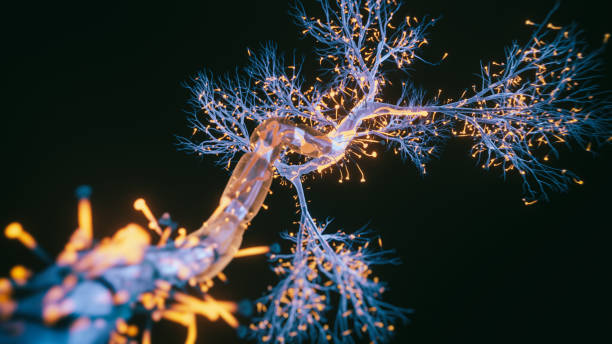Motor neuron disease is a group of rare neurodegenerative conditions that affect the nerves in the spine and the brain; over time, it causes weakness and loss of function.
The motor neurons are nerve cells that carry signals to the muscles from the brain, controlling all muscular function. This disease disrupts this process, and it gets worse with time causing the muscles to become very weak
Motor neuron disease can affect people of any age but is common in people above 50. There is no cure, but some treatments can help ease symptoms. This disease can reduce a person’s life expectancy and eventually lead to paralysis and even death.
Causes
The exact cause of this disease is still unknown; it is not transmitted from person to person, but it is believed that some genetic and environmental factors can play a role in the development of MND. The condition can be inherited; it can be due to a genetic mutation or error. So, if a member of your family has the disease, there is a 50/50 chance that you will inherit it. However, MND can still develop randomly without any genetic trace.
Symptoms of Motor Neuron Disease
MND is a progressive disease; it might take a while for a person to notice symptoms. It starts on the side of the body and slowly progresses over time. The first signs include:
- Cramps and muscle twitching.
- Muscle pain.
- Weight loss.
- Weakness in the arms and legs.
- Weakness in the shoulders, making it difficult to lift things.
- Difficulty swallowing.
- Clumsiness and stumbling.
- Shortness of breath and trouble breathing.
- Fatigue.
As the condition progresses with time, the early signs become worse, and new symptoms will also develop, such as:
- Joint pain.
- Muscle shrinkage.
- Uncontrollable yawning, which can lead to jaw pain.
- Drooling.
- Difficulty moving.
- Changes in personality and emotions.
Treatment
There is no cure for motor neuron disease, but a person with the disease can get help from different specialists, including:
- Neurologist.
- General practitioners.
- Physiotherapists.
- Occupational therapists.
- Social workers.
- Speech pathologists.
- Home care nurses.
- Psychologists.
These specialists can provide treatments that will ease symptoms, keep you mobile, and improve your quality of life. During this time, you may need support from a wheelchair, ventilator, tube feeder, and communication devices.



